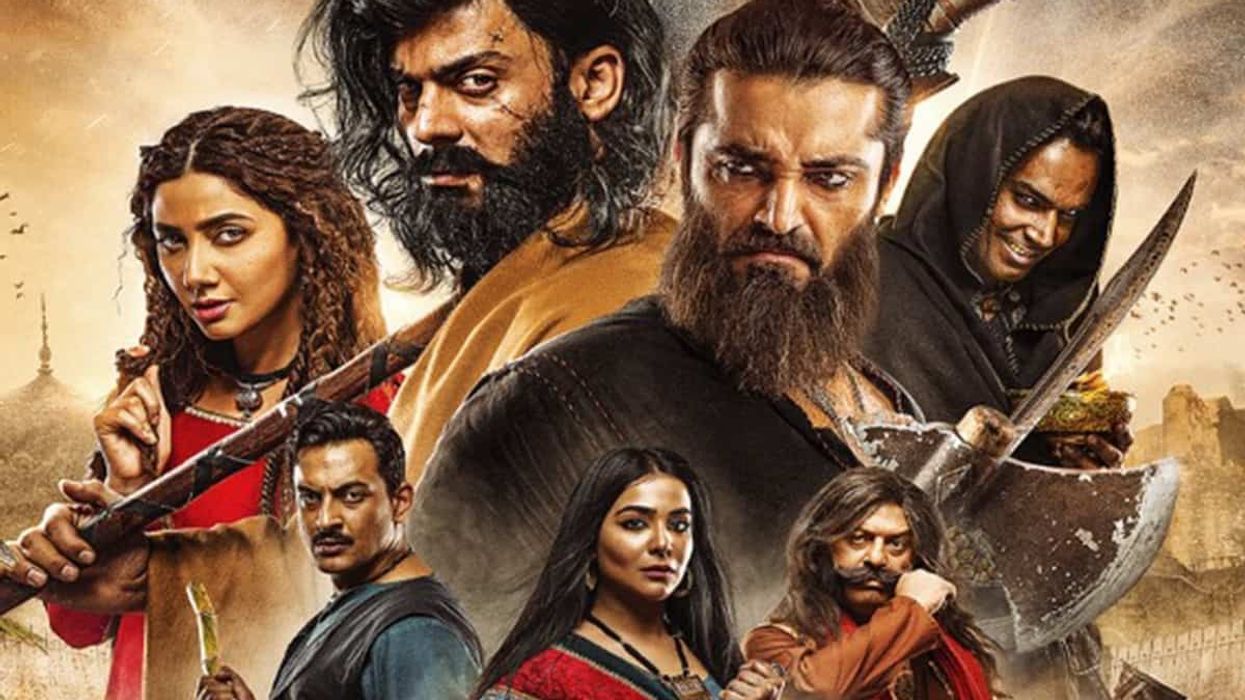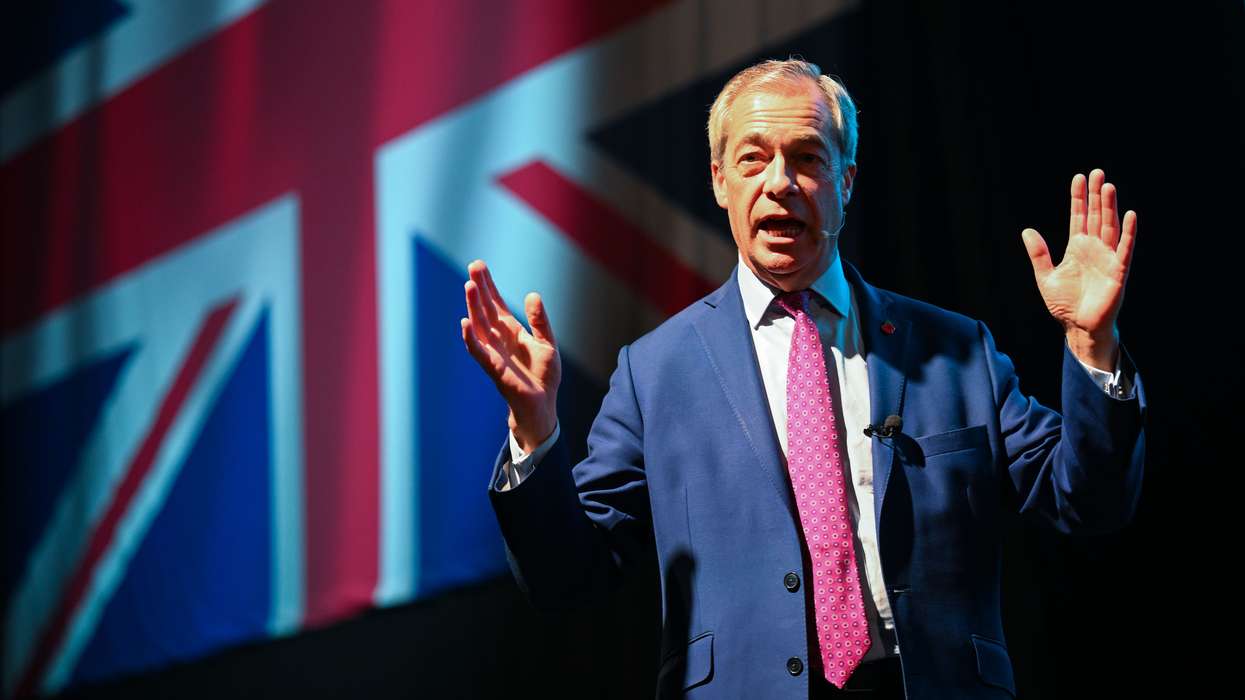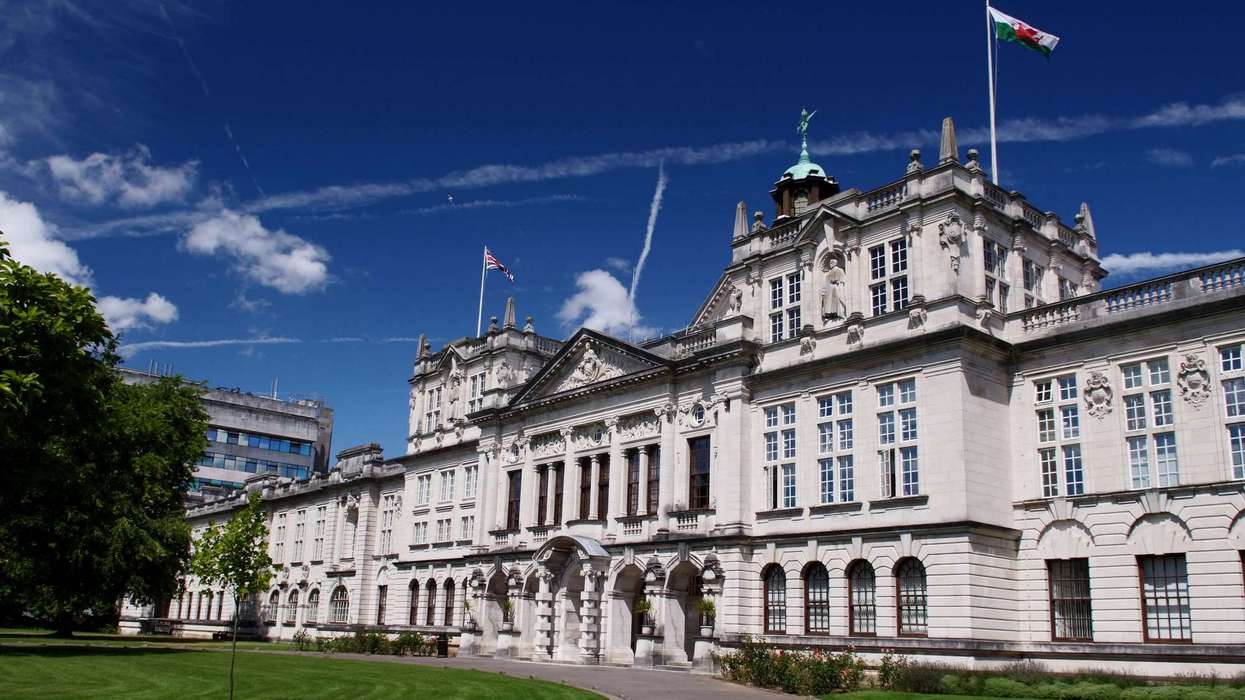Headlined by Fawad Khan, Hamza Ali Abbasi, Mahira Khan, and Humaima Malik, The Legend Of Maula Jatt (2022) has turned out to be the biggest blockbuster ever produced by the film industry of Pakistan.
A remake of the 1979 cult classic Maula Jatt, the multi-starrer film has not phenomenal business not only in Pakistani but in several other parts of the world. After setting the global box office on fire with its collection, the film is now set to release in India.
Yes, you read that right! Pakistani film The Legend Of Maula Jatt is gearing up to enter Indian theatres despite projects from a few political parties, including Maharashtra’s Maharashtra Navnirman Sena (MNS).
Sources close to an Indian portal inform the publication that earlier scheduled to release in India on December 2, The Legend Of Maula Jatt has been pushed to December 30.
“The Legend Of Maula Jatt will be released in India on December 30, 2022. It’ll be the last major release to hit Indian screens. It was released in Pakistan and elsewhere in the world on October 13, 2022, and it has crossed the Rs. 200 crore mark at the worldwide box office. It is the first film from Pakistan to achieve this feat. Hence, a lot of people in India, especially the fans of the lead cast, are looking forward to seeing the film, and it can have healthy box office numbers,” the sources said.
They further added, “Zee Studios is mainly looking at releasing The Legend Of Maula Jatt in Delhi-NCR and Punjab. This is because it’s a Punjabi film and will have the maximum chance in the Northern belt. A clear decision on this aspect will be taken later on.”
The Legend Of Maula Jatt is directed by Bilal Lashari. Sharing the joy of his film receiving love across the world, the filmmaker had earlier said in an interview, “I’m beyond overwhelmed by the love the film has received from audiences and critics alike the world over. We are so proud that The Legend of Maula Jatt has been instrumental in putting Pakistan-made cinema on the global map as it continues to win over hearts in theaters across the world.”
Keep visiting this space over and again for more updates and reveals from the world of entertainment.




